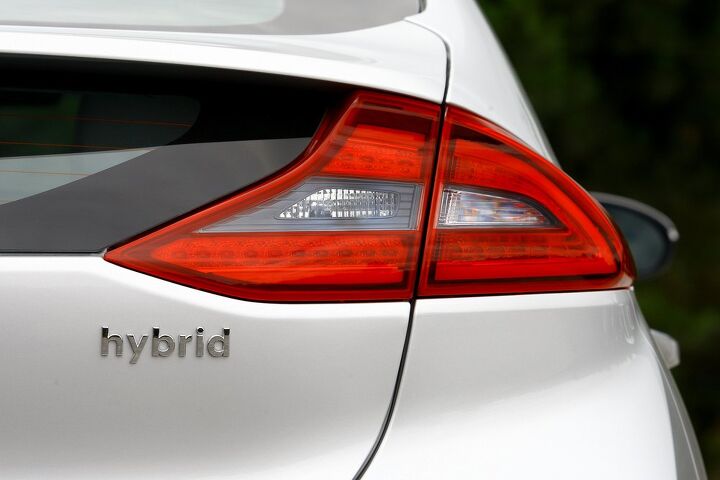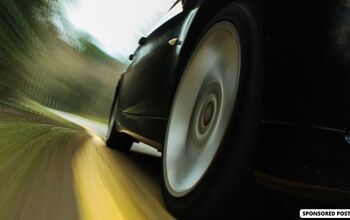Are Hybrids More Reliable Than ICE Vehicles?
The popularity of electric vehicles (EVs) is on the rise, yet they face challenges regarding reliability. Consumer Reports' 2023 Annual Auto Reliability Survey reveals that, on average, new EVs present 79 percent more problems than internal combustion engine (ICE) vehicles. Electric pickups are particularly less reliable, marking the least reliable vehicle category.
Comparative Performance: Hybrids, PHEVs, and ICE Vehicles
Hybrids emerge as more reliable options, experiencing 26 percent fewer problems than ICE vehicles. Conversely, Plug-in Hybrid Electric Vehicles (PHEVs) show an average of 146 percent more problems compared to ICE vehicles. This variance highlights the diverse performance of electrified vehicles.
Insights from Consumer Reports' Auto Testing Director
Jake Fisher, Senior Director of Auto Testing at Consumer Reports, notes that EVs are relatively new in the mainstream market. He observes some positive trends in EV reliability but advises consumers to consider models beyond their first year of release for better reliability.
Asian Brands Lead in Reliability, Challenges for Domestic Manufacturers
Asian auto brands, particularly Lexus and Toyota, dominate Consumer Reports' 2023 brand reliability rankings. In contrast, U.S. manufacturers face challenges, with Buick being the highest-ranked domestic brand at 12th place, and Chrysler ranking last.
Tesla's Performance in Battery and Charging
Tesla models, specifically the Model Y and Model 3, show comparatively fewer issues in battery and charging, diverging from the general trend of EV problems in these areas.
Consumer Reports' Comprehensive Data Analysis
The 2023 survey encompasses feedback on over 330,000 vehicles, covering 20 potential problem areas including engine, electric motors, and in-car electronics. This data forms the basis for predicting new car reliability.
Evolving Auto Market Demands
Consumer Reports' President and CEO, Marta L. Tellado, emphasizes the unchanging consumer need for safe and reliable cars, despite shifts in the auto market. The organization's annual report aims to guide buyers towards dependable vehicle choices.
New Trouble Areas for Electrified Vehicles
With the growing presence of hybrids and EVs, Consumer Reports has added specific trouble areas to its survey, such as Electric Motor, EV/Hybrid Battery, and EV Charging, to better assess these vehicles' unique challenges.
Changes in Overall Score Calculations for Safety
Starting with 2024 models, Consumer Reports is adjusting its Overall Score system. Vehicles lacking standard automatic emergency braking with pedestrian detection will see a deduction in points. Similarly, active driver assistance systems without effective direct driver monitoring systems will lead to a score reduction.
Electric Vehicles: Varied Problems Across Brands
EVs, including electric SUVs and pickups, continue to be less reliable. While Tesla faces challenges with body hardware and climate systems, other brands struggle more with powertrain, battery, and charging issues.
Hybrids Outshine PHEVs in Reliability
Hybrids are proving more reliable than both EVs and ICE vehicles. In contrast, PHEVs, due to their complexity, exhibit greater reliability issues.
Overview of Brand Performances
The survey provides a detailed analysis of various brands, highlighting their specific strengths and weaknesses across different models and categories.
This article was co-written using AI and was then heavily edited and optimized by our editorial team.
More by TTAC Staff
Latest Car Reviews
Read moreLatest Product Reviews
Read moreRecent Comments
- Varezhka The biggest underlying issue of Mitsubishi Motors was that for most of its history the commercial vehicles division was where all the profit was being made, subsidizing the passenger vehicle division losses. Just like Isuzu.And because it was a runt of a giant conglomerate who mainly operated B2G and B2B, it never got the attention it needed to really succeed. So when Daimler came in early 2000s and took away the money making Mitsubishi-Fuso commercial division, it was screwed.Right now it's living off of its legacy user base in SE Asia, while its new parent Nissan is sucking away at its remaining engineering expertise in EV and kei cars. I'd love to see the upcoming US market Delica, so crossing fingers they will last that long.
- ToolGuy A deep-dive of the TTAC Podcast Archives gleans some valuable insight here.
- Tassos I heard the same clueless, bigoted BULLSHEET about the Chinese brands, 40 years ago about the Japanese Brands, and more recently about the Koreans.If the Japanese and the Koreans have succeeded in the US market, at the expense of losers such as Fiat, Alfa, Peugeot, and the Domestics,there is ZERO DOUBT in my mind, that if the Chinese want to succeed here, THEY WILL. No matter what one or two bigots do about it.PS try to distinguish between the hard working CHINESE PEOPLE and their GOVERNMENT once in your miserable lives.
- 28-Cars-Later I guess Santa showed up with bales of cash for Mitsu this past Christmas.
- Lou_BC I was looking at an extended warranty for my truck. The F&I guy was trying to sell me on the idea by telling me how his wife's Cadillac had 2 infotainment failures costing $4,600 dollars each and how it was very common in all of their products. These idiots can't build a reliable vehicle and they want me to trust them with the vehicle "taking over" for me.


































Comments
Join the conversation